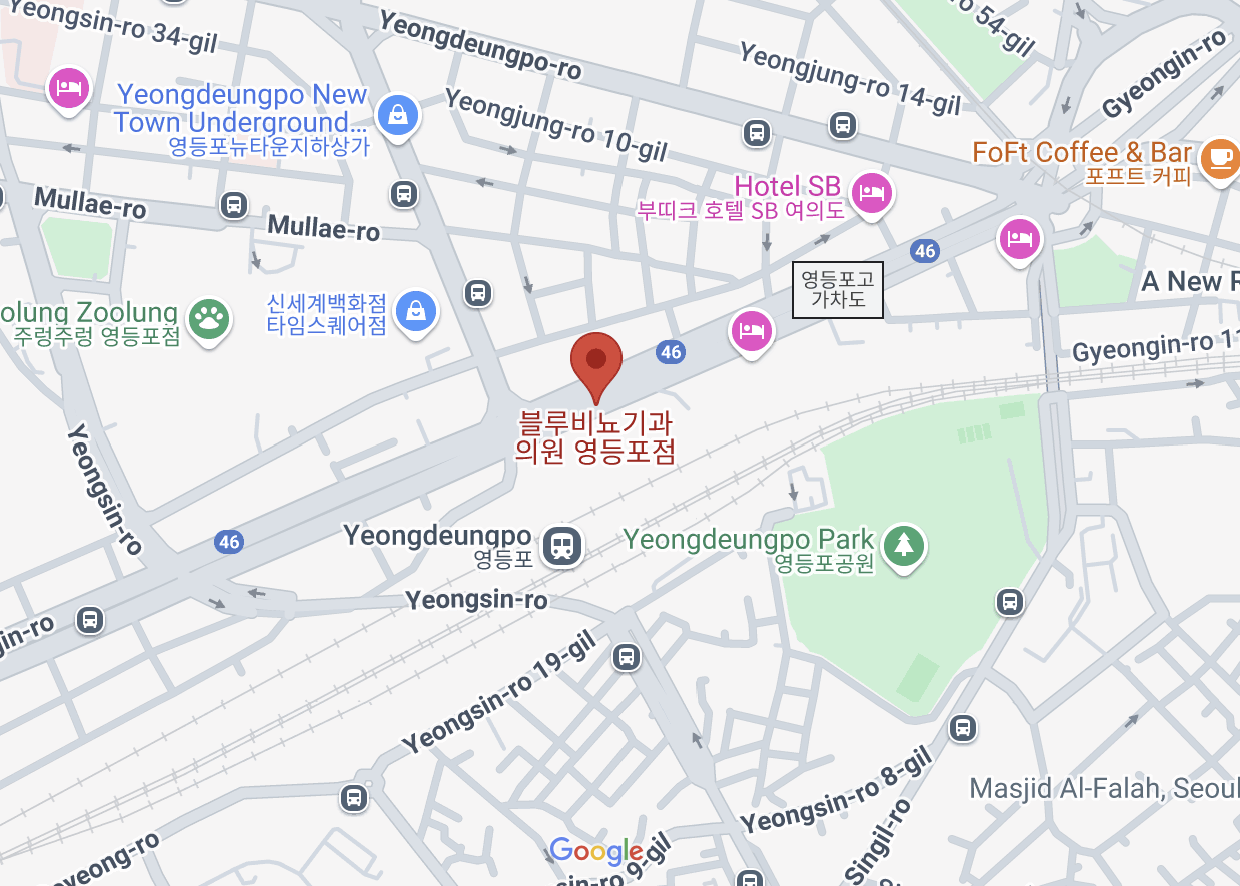Penuma Implant Surgery in Korea
Gangnam, Yeongdeungpo, Yeouido, Jamsil
Beyond the Hype: A Look at Penuma Implant Surgery in Korea
In the evolving landscape of male enhancement, the Penuma implant has garnered significant attention as an FDA-cleared option for increasing both flaccid penile length and girth. For men seeking such solutions, particularly those considering international medical tourism, South Korea stands out as a premier destination. While specific clinics specializing in Penuma implants may not always be explicitly listed by name, understanding what this procedure entails and where to seek it in Korea is crucial.
What is the Penuma Implant?
The Penuma implant is a soft, medical-grade silicone sleeve that is surgically inserted subcutaneously (just beneath the skin) of the penile shaft. Unlike a penile prosthesis used for erectile dysfunction, the Penuma is purely for cosmetic enhancement, aiming to improve the aesthetic appearance and feel of the penis.
It's designed to:
- Increase Girth: The primary effect is a noticeable increase in penile circumference, both in flaccid and erect states, as the implant essentially "wraps" around the existing penile tissue.
- Enhance Flaccid Length: While not directly lengthening the erectile tissue, the added volume and weight of the implant can cause the flaccid penis to appear longer and hang more prominently.
- Address Cosmetic Irregularities: It can help correct indentations or improve the appearance of a "retractile" penis (one that pulls back into the body).
The implant is custom-contoured to fit the individual's anatomy and is typically inserted through a small incision near the scrotum, leaving a concealed scar.
Why Consider Penuma in Korea?
Korea's reputation for advanced medical technology, highly skilled surgeons, and a strong focus on patient care makes it an attractive choice for complex procedures like Penuma implantation. Clinics in Korea often boast:
- Experienced Surgeons: Many urologists and plastic surgeons in Korea have extensive experience in male enhancement surgeries, utilizing the latest techniques.
- State-of-the-Art Facilities: Korean clinics are typically equipped with modern surgical suites and diagnostic tools, adhering to high international medical standards.
- Medical Tourism Infrastructure: The country is well-prepared for international patients, with many clinics offering English-speaking staff, concierge services, and assistance with travel arrangements.
- Competitive Pricing: While still a significant investment, the cost of Penuma surgery in Korea can sometimes be more competitive than in Western countries, without compromising on quality of care.
The Penuma Procedure: What to Expect
If you are considering a Penuma implant, here's a general overview of the process:
H3: Consultation and Evaluation
Your journey begins with a comprehensive consultation. The surgeon will assess your overall health, discuss your aesthetic goals, and determine if you are a suitable candidate for the Penuma implant. This includes evaluating your current penile anatomy and addressing any pre-existing conditions. It's crucial to have realistic expectations about the achievable results.
H3: The Surgical Process
The Penuma implant surgery is performed under anesthesia (often general anesthesia) and typically takes less than an hour. A small incision is made, usually in the scrotal area, through which the customized silicone sleeve is carefully placed beneath the skin, enveloping the penile shaft. The implant is then secured in place, and the incision is closed with sutures. The procedure does not involve cutting the erectile tissue itself.
H3: Recovery and Aftercare
Recovery from Penuma implant surgery requires a commitment to post-operative instructions. You can expect:
- Initial Swelling and Bruising: This is normal and will gradually subside.
- Pain Management: Your surgeon will prescribe medication to manage any discomfort.
- Activity Restrictions: You'll need to avoid strenuous activities, including sexual intercourse, for several weeks (typically 4-6 weeks) to allow for proper healing and integration of the implant.
- Follow-up Appointments: Regular follow-up visits are essential to monitor your healing process and ensure optimal results.
Important Considerations and Potential Risks
While the Penuma implant is FDA-cleared, it's vital to be fully aware of the potential risks and limitations associated with any surgical procedure:
- Infection: As with any implant, there is a risk of infection, which may require explantation (removal of the implant).
- Erosion: In rare cases, the implant can erode through the skin.
- Seroma/Hematoma: Fluid collection or blood accumulation under the skin.
- Implant Displacement or Migration: The implant shifting from its intended position.
- Changes in Sensation: Some patients may experience temporary or, in rare cases, permanent changes in sensation.
- Cosmetic Issues: While designed for aesthetic improvement, there's a possibility of undesirable cosmetic outcomes such as asymmetry, rippling, or "wing-shaped" creases.
- Removal Complications: If the implant needs to be removed, there can be complications like capsular contraction, leading to penile curvature or shortening.
- Cost: The Penuma implant is a significant financial investment, often ranging from $7,000 to $15,000 USD in Korea. This typically covers the implant itself, surgeon's fees, anesthesia, and facility costs.
It is crucial to choose a highly experienced and reputable surgeon who has specific expertise in Penuma implant surgery to minimize these risks and achieve the best possible outcome. While Blue Urology Clinic specializes in male enhancement, you may also find other clinics in Korea, such as StanTop Urology & Andrology Clinic and Proud Urology Clinic, which offer various penile implant options and specialized male health services. Always verify the surgeon's credentials and the clinic's track record with this specific procedure.
The decision to undergo Penuma implant surgery is a personal one. By understanding the procedure, its benefits, risks, and what to expect in a medical hub like South Korea, you can make an informed choice that aligns with your personal goals and well-being.

